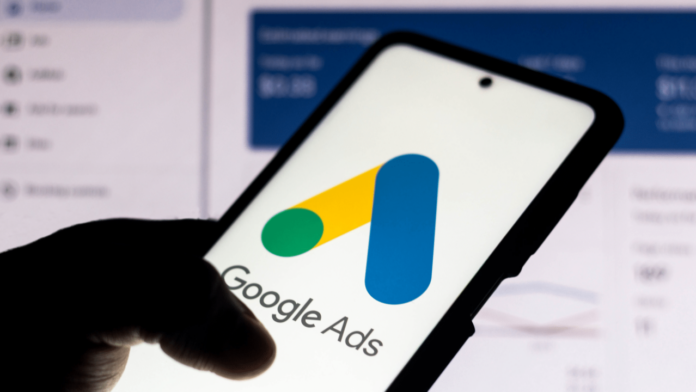Spending on AI-powered search advertising in the U.S. is expected to rise to nearly $26 billion by 2029 from just over $1 billion this year, according to data from Emarketer.
The growth is driven by rapid adoption of the technology and more advanced user targeting.
The research firm said companies relying on traditional keyword-based search ads could see revenue declines as AI search ads gain popularity by offering more convenience and engagement. Search companies like Google, owned by Alphabet, and Microsoft have added AI features to compete with chatbots such as OpenAI’s ChatGPT and Perplexity AI, which provide users direct answers without needing to click through multiple results.
Apple is considering adding AI-driven search features to its Safari browser, potentially reducing its reliance on Google. The report comes amid concerns that users are increasingly turning to chatbots for conversational search, which could disrupt business models.
In May, online education firm Chegg said it would lay off about 248 employees to cut costs as students use AI tools like ChatGPT instead of traditional edtech platforms. Emarketer analyst Minda Smiley said publishers and other sites are losing traffic to AI search and are turning to subscriptions and paid AI licensing to support revenue.
AI search ad spending is expected to make up nearly 1% of total search ad spending this year and grow to 13.6% by 2029 in the U.S. Sectors such as financial services, technology, telecom, and healthcare are adopting AI to improve their advertising strategies, while the retail industry is slower to adopt the technology.
Google recently announced plans to expand its AI-powered search capabilities in the consumer packaged goods sector through improvements in Google Shopping.




